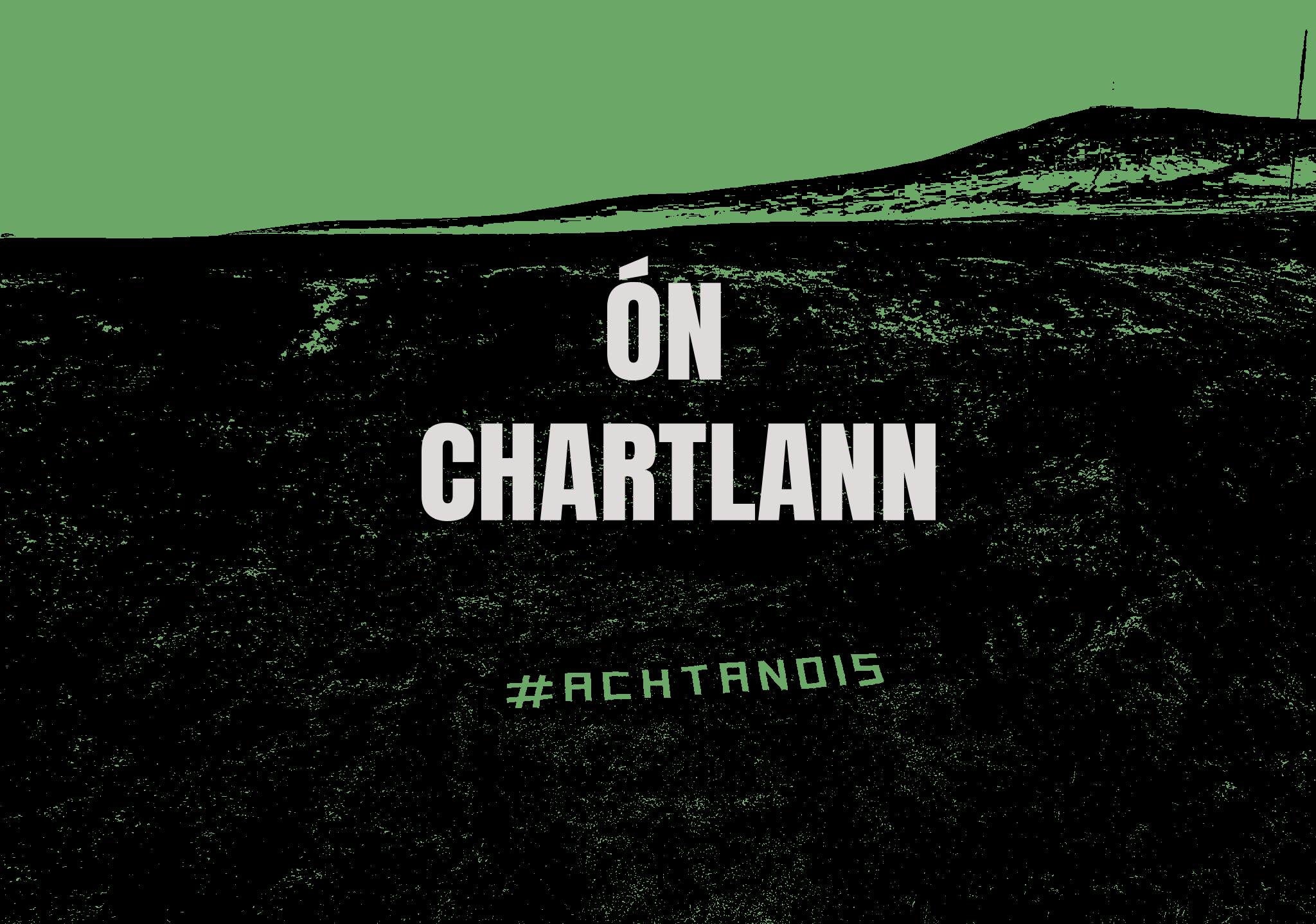An litir dhearg
Bí ar an eolas! Faigh ár nuachtlitir le bheith suas chun dáta leis na feachtais ar fad.

Walking into Newry train station this morning was a sobering experience. The bilingual signs across the building and tracks had a different appeal to me today. Ironically, much of what has been the catalyst for opposition to an Irish-language Act already exists in certain council areas, like Newry, Mourne and Down.
Some fear British identity will be undermined or hallowed out by the prospect of having an Irish Language Act. They view bilingual signage, despite displaying the English translation, to be ‘offensive’, notwithstanding the clear standards (some of which have been ratified by the British Government) which provide for increased visibility of Irish and bilingual signage.
Best-practice models of language protection and revitalisation throughout the world tell us that visibility of a language in public spaces lead to increased normalisation of that language, especially in the case of indigenous minority languages, which in turn leads to increased tolerance and acceptance. If we are being sincere about building a shared future, then our shared spaces must reflect that, especially when 95% of our place names come directly from Irish.
The choice for bilingual street signs should be facilitated where and when there is demonstrable local demand, based on council policy; where this demand exists, this should be facilitated fairly.
The Dream Dearg campaign for rights, respect and recognition came about as a reaction to the consistent attacks from Unionist politicians on the Irish language community. In the past 14 months the community has found a new and single voice that has brought the issue of Irish language rights to the fore. The DUP was the catalyst, but now they must be part of the solution.
The Irish Language Act being described in many ways: a totemic issue, a litmus test for a truly shared future and a new barometer for parity of esteem. But what we are talking about here are language rights. This is not a new concept. Language ‘rights’ exist across the world; recognising and respecting minority/indigenous languages, and affording protection to their communities. A concept and campaign supported by five parties – a majority of MLAs, the Irish Government, our own Human Rights Commission (NIHRC), the United Nations and the Council of Europe.
The campaign has undoubtedly re-energised a broader debate about the language. It is worth remembering that the British Government has outstanding responsibilities here: from the Irish Language Act promised in the St Andrews Agreement to the European Charter for Regional and Minority languages, as ratified by the British Government in 2001. Likewise, the commitments made in the Good Friday Agreement and at each of the Oversight Committee’s Monitoring reports.
Quite simply, they have failed to ‘adopt the appropriate legislation protecting and promoting the Irish Language.’ The Council of Europe recently added that ‘the UK Government should engage in a dialogue to create the political consensus needed for adopting legislation’.
By extension we must therefore come to the conclusion that the British Government cannot hide behind the veil of ‘mediator’ or ‘independent chair’ – they alongside the Irish Government must address their own outstanding obligations regarding the language. A failure to do so is, in truth, a dereliction of duty.
In 2006/07, there were 3,660 children at Irish-medium schools. This increased to 5,873 last year – up 60.46 per cent. Comhairle na Gaelscolaíochta predicts that by 2021, there will be 7,220 children receiving education through the medium of Irish – a rise of 97.23 per cent inside 15 years.We have heard the argument that Gaelcholáiste Dhoire opened their doors with 16 pupils 3 years ago.
The school now has 83 pupils, and by 2025 Dungiven Castle will educate around 500 pupils entirely through the medium of Irish.
If there had been a DUP Education Minister 3 years ago, this transformational school may never have opened, and consequently a whole generation of Irish speakers in South Derry would have been denied this opportunity to access their entitlement under the Education order and the statutory obligation stemming from it. Irish Medium schools should not have to hold their breath when the Ministerial merry-go-round comes about again.
Clear and unambiguous legal obligations should be part of any agreement and not left to the whim or interpretation of any minister or party. No politician, or anyone else, has the right to tell these young people that their language does not exist in law; that they are invisible.
So people will still ask, “why do you need an Irish Language Act?”
Without going painfully back through centuries of deliberate state policy aimed at eradicating the language from public life and detailing the long-term effects of the 1367 Statutes of Kilkenny, or the Penal Laws (including the 1737 Administration of Justice (Language) Act (Ireland), which is still in law) to name only a few, the simple truth is that there now exists a legitimate and ever-growing community of Irish speakers here – and that community deserves official recognition and protections in law. Only a standalone, rights-based Irish language Act can provide that.
The community has been accused of politicising the language. It’s time we challenged that narrative with a broader historical perspective. Writing for Open Democracy, Adam Ramsey made a very useful contribution: ‘Of course the Irish language is political: it’s always political for marginalised minorities to express themselves. It’s always political to defend diversity in the face of those who demand a monochrome society.’
15,000 people took to the streets of Belfast last May to call for #AchtAnois – expect 20,000 or more in the next Lá Dearg. The days of the Irish language not being heard or seen are over. Being invisible is no longer an option.
Bí ar an eolas! Faigh ár nuachtlitir le bheith suas chun dáta leis na feachtais ar fad.